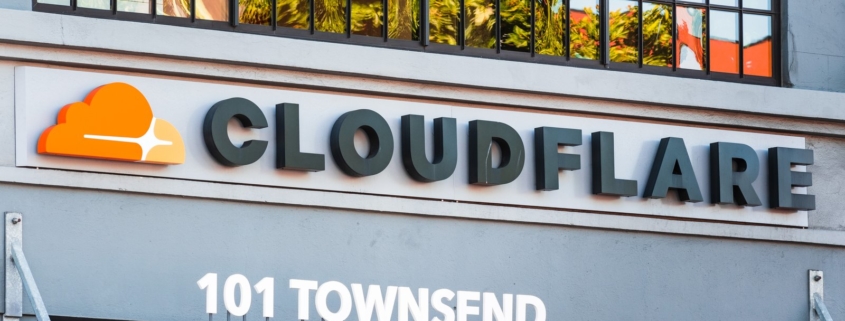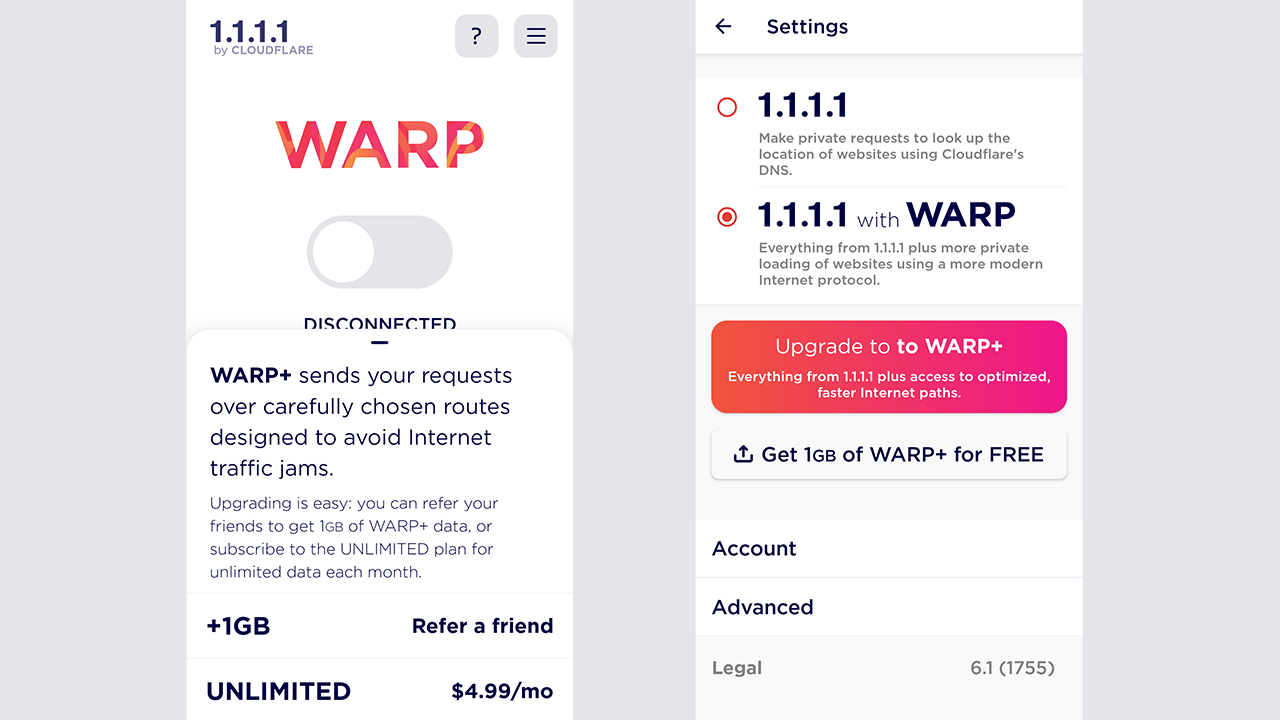NET Stock: Cloudflare Solves the Internet’s Need for Speed and Security
Cloudflare (NYSE:NET) investors had to ride a roller coaster for the first five months of 2021. However, since mid-May, NET stock has been in growth mode, posting gains of over 50% from its low point. On July 9, it closed at $108.97, a new all-time high, though it has since eased back. Still within spitting distance of that record close, will NET stock run out of momentum, or does it still have room for growth?

Source: Sundry Photography / Shutterstock.com
I would argue that Cloudflare is a company with the right product mix at the right time to continue fueling long-term growth. Online shopping is only continuing to grow in popularity. Other services are moving online, including the transition from cable TV to streaming video services.
Cloudflare provides the critical services that keep online services fast, and keep them safe. It’s even a big part of exploding IoT (Internet of Things) growth. This Portfolio Grader “B” rated stock is up nearly 500% from its September 2019 public debut. Given the business Cloudflare is in, the stock growth may just be getting started.
The Importance of Website Speed
One of CloudFlare’s primary lines of business is being a CDN, or content delivery network. That may not sound exciting, but it is an increasingly important service — and one that was in the spotlight during the pandemic.
Cloudflare uses local servers to host critical website services so that users enjoy the speed they expect. Even if a user is logging in on a PC across the country from a company’s main data center, they hit a Cloudflare regional server first so there is no lag and no overload. That ensures online shopping, video conferencing, and other web-based activities offer a positive experience for all users, regardless of their location.
Now, more than ever, slow-loading websites are simply not acceptable. As Forbes’ Jason Hall wrote in 2019:
If a page loads slowly, many people will give up and go somewhere else. That can mean a loss of traffic to your site and a loss of dollars in your pocket. Your conversion rates may suffer, and your bounce rates — the number of people who leave your site after only visiting one page — may increase.
In…



